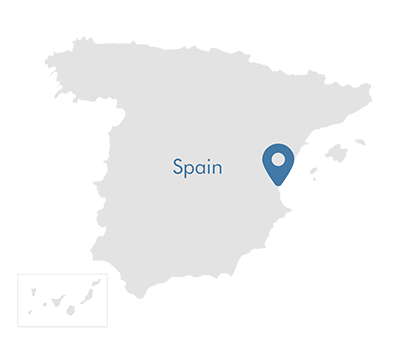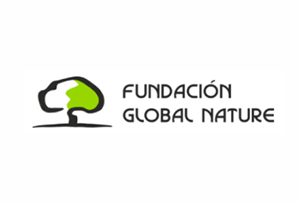SPAIN, EUROPE
Albufera Lake
Albufera Lake is one of the most important wetlands in Spain. It lies approximately 12 km south of the city Valencia, the third greatest Spanish city with approximately 800.000 inhabitants. The shallow lake is separated by a sand barrier from the Mediterranean Sea. The fresh water lake covers a surface of 27 km², its maximum depth measures 1.5 metres. Six small islands are lying in the Albufera Lake.
What makes it special
Its ecological value is very great because here you can find species of great ecological value in danger of extinction, such as the fartet or the samaruc. It is also one of the few lagoons that are preserved in good condition in the Valencian Community, whose coast was formerly formed by a succession of lagoons and marshes.
Other important ecosystems with a high ecological value that we can find in the surroundings of the lake are the beach, the dunes, the malladas (temporary small lagoons between the fringes of dunes), the wetland and the Mediterranean forest.
Furthermore, the area was declared as a bird protection area, because till 250 different bird species have been living here.
Protection status
· Ramsar Site 454, Wetland of International Importance
· EU Natura 2000
· Natural Park - Parque Natural de l´Albufera de Valencia

Biodiversity
Many migratory birds use the Natural Park as resting and also as nesting place, such as Great Crested Grebe (Podiceps cristatus), Black-necked Grebe (Podiceps nigricollis) and Golden Plover (Pluvialis apricaria). Many rare bird species live in the region: Eurasian Bittern (Botaurus stellaris), Marbled Teal (Marmaronetta angustirostris), White-headed Duck (Oxyura leucocephala) or Glossy Ibis (Plegadis falcinellus). Many of the birds are listened in the Red Book Birds of Spain.
Two endemic and three threatened plant species are found in the area, also 11 endemic and 33 threatened animal species.
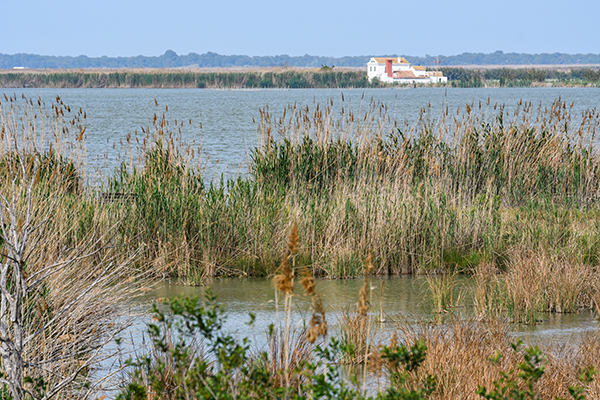
Local Communities
There are 13 municipalities with part of their areas inside of the Natural Park of l´Albufera. Some of the villages are traditionally linked to Albufera Lake, many inhabitants work as fishermen, farmers or are dedicated to host services for the visitors of the Natural Park, such as restaurants or camping sites.
Threats
Agricultural land, mostly used for rice fields (as a typical Valencian crop) and a small part for citrus fruits and vegetables, lies around the lake and the wetlands. The rice fields cover a surface of overall 145 sq. km. Some farmers use illegal products such as fertilizers or pesticides on their fields, which also cause the water pollution of Albufera Lake and the wetlands. Furthermore, great problems are caused by illegal hunting and fishing as well as the settlements at the borders of the Natural Park.
The Living Lakes Network awarded Albufera Lake as Threatened Lake of the Year in 2020.
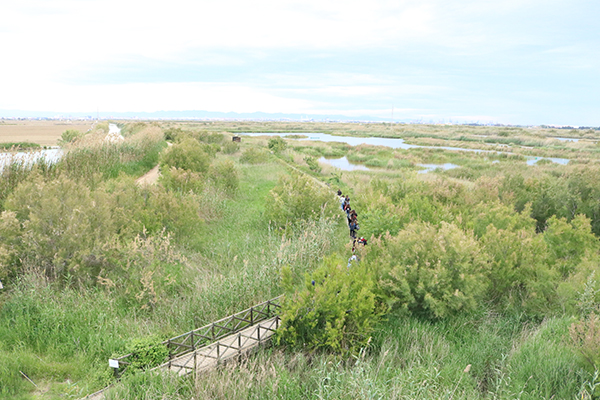
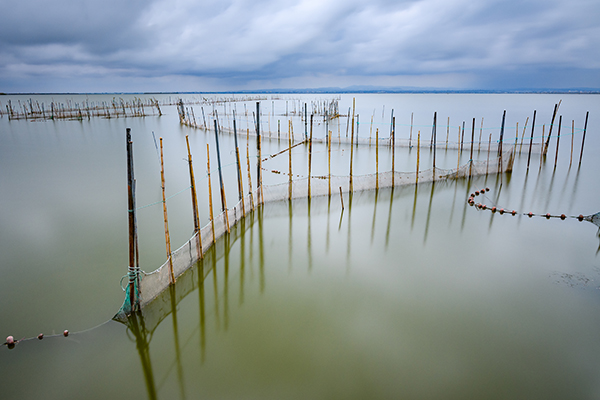
Our Work
Fundación Global Nature (FGN) acts to reduce pollution of the Albufera Lake through education programmes for companies and all actors involved in the Natural Park, such as fishermen, hunters, farmers and hoteliers, in order to preserve the lake and its ecosystem. FGN also carries out restoration projects, introduction and conservation of flora and fauna species and climate change mitigation projects such as: LIFE Albufera, INTERREG MED EcoSustai or LIFE Paludicola.
The City Council of Valencia is the local authority managing the area. Its goal is the conservation of the natural values. Many projects have been developed, e. g. monitoring of the water quality and biodiversity, regulation of the use of the lake for fishing and boats, recovery of the dune ecosystem and the Mediterranean forest.
In 2019 FGN together with the Valencia City Council organised the 15th Living Lakes International Conference, with La Albufera as host lake.
The FGN strategy protecting and restoring this lake and other Mediterranean lakes is also linked to the role of wetlands as carbon sinks. In 2020, FGN began the Wetlands4Climate project, to establish management guidelines for Mediterranean wetland so that they function as carbon sinks while maintaining their ecological integrity, functionality and providing ecosystem services of a healthy ecosystem. The project provides a methodology to quantify GHG and proposes mitigation measures in wetlands. It contributes to implementing climate policies for Land Use, Land Use Change and Forestry (LULUCF), generating data on carbon sequestration in wetlands and management guidelines that increase their sink function.
Fundación Global Nature

Co-funded by the European Union. Views and opinions expressed are however those of the author(s) only and do not necessarily reflect those of the European Union or CINEA. Neither the European Union nor the granting authority can be held responsible for them.

